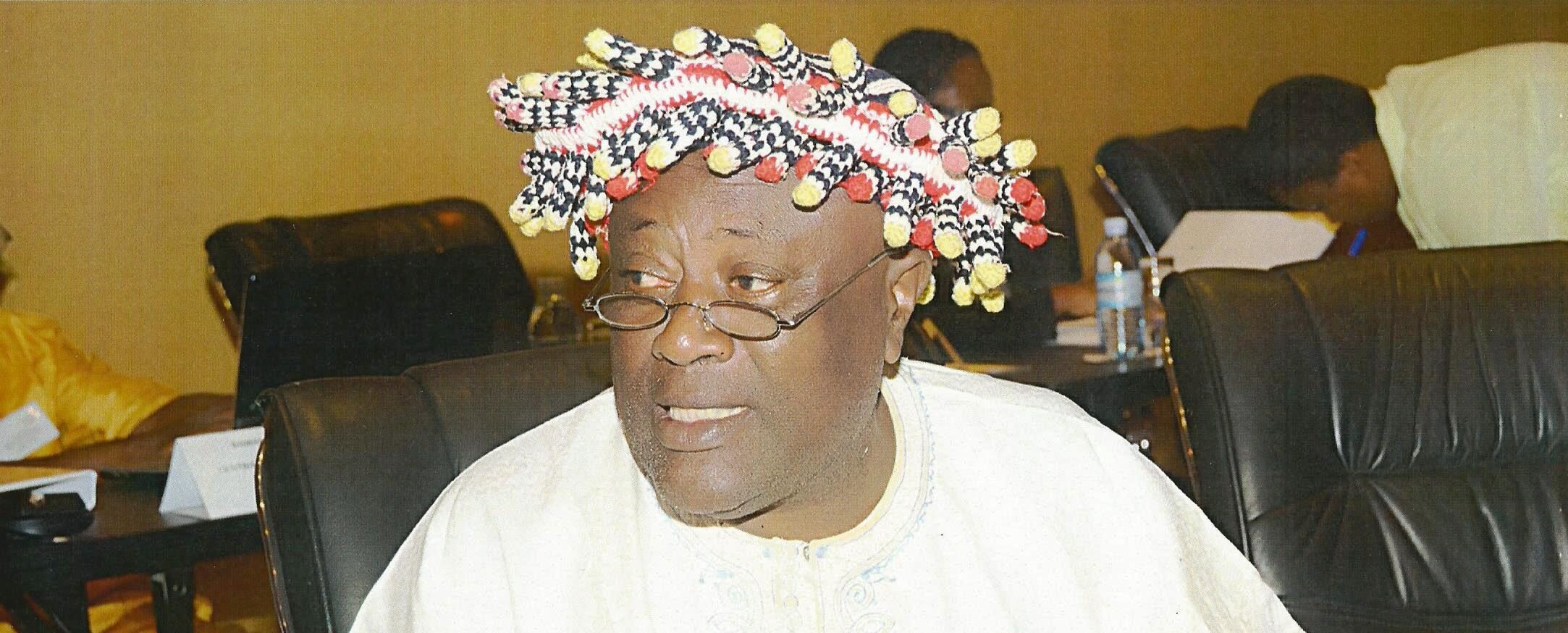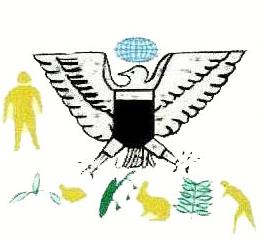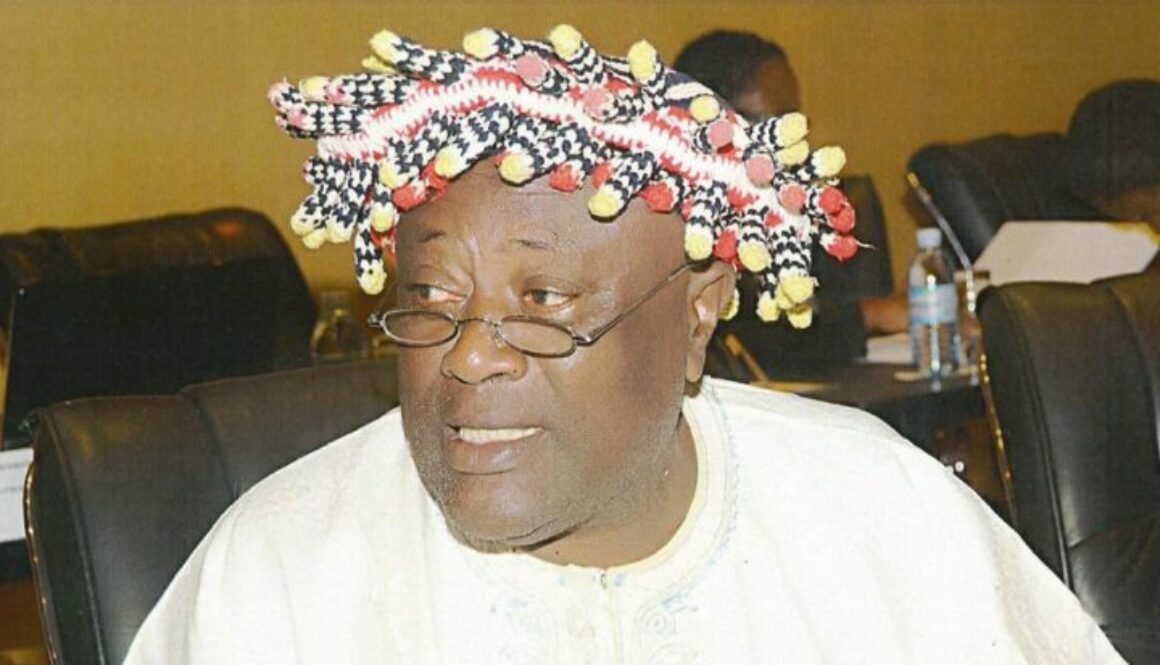Africa stereotype and Cultural Identity of the African School of Thoughts

Prince Bengha Martin Ngochia
A Speech by the Founder and Coordinator of RECEWAPEC “Prince Bengha Martin Ngochia ” on the Occasion of ” The 27th edition of International Day of Older Persons” at RECEWAPEC’s headquarter in Bambui, Northwest, Cameroon.
Subject: Older Persons: Africa stereotype and Cultural Identity of the African School of Thoughts
Dear invitees, Ladies and gentlemen, most especially old persons because today is your DAY, Fellow activists or Members of NGOs and CSOs who are leaving no stone unturned to ensure that we create an enabling and welcoming environment to all old persons in Cameroon, I want to cease this special opportunity to personally salute all your efforts and actions, for it is creating much awareness and impact around the World today.
Your various individual and collective actions or contributions have eased UN Age Demand Action Program to meet its set down goals for the past ten (10) years.
Being at the centre of activism since 2001 with (RECEWAPEC) the Regional Centre for the Welfare of ageing Persons in Cameroon and the ADA Campaign team since 2008, I want to think we have gone a long way in the struggle for old people’s rights in Cameroon.
Coming to our subject proper of discussion this morning, generally, the word stereotype has to do with the state of mind, impression or mentally bore as a result of circumstance or situation. When we link a particular state of mind or reasoning to Africa, it will in other words mean the African Mentality towards old people and how old people they themselves act, reason and behave or comport in society as a result of their mind sets (that is toward the elderly and their reasoning).
Coming to cultural identity within the general confines of the African fundamental school of thoughts, they (old people) are mostly regarded as witches and wizards. Once an old person or woman is black listed as a witch the next thing is that, he or she is despised, neglected, rejected and looked upon as an outcast. Hence the old person is bound not to feel at ease amongst equals and is bound to stay away from people for fear of being attacked or excommunicated.
Contrarily in a situation where he or she is regarded as a source of wisdom and incarnates traditional values of the people, or the custom and tradition of the people, he or she is highly celebrated and venerated amongst equals.
The psychological state of their minds or mind sets contributes enormously to poor health, weak social standings, poverty, misery, and disillusionment.
In a north shell, African Ageism (that is all negative attributions that are given or associated to old age), is more pronounce and relevant amongst the old in Africa.
Looking at a way out on these attitude or state of mind demands proper check mechanisms and continues, why not rigorous advocacy campaigns to educate, school and why not counsel old people on how to live on with old age happily even in misery and even when despised.
The theme of this year’s celebration which unite and bring in 44 partners and 41 member countries specify the need to step into the future by tapping from the talents, inspiration, and contribution of old persons in the society. By these specifications, the United Nation is here emphasizing the fact that the future can only be shaped well if we all culture the habit of tapping from the deep well of wisdom from all old persons around us.
To end, permit me observe that all our efforts are working for a common good. Investing in old persons connects us to the past to look forward for a more fulfilling future for all.
As one person lets stand up against those who violate the rights of old persons, let us all advocate for sound insurance policies for the old. Let us appeal to government for free health care to the old, and social welfare policies and basic amenities.
Thanks abundantly for your kind listening attention…..
We’ve been working with and for old age people throughout Cameroon since 1996 as RECEHWEDEV and from 2001 as RECEWAPEC, helping aged persons, especially the poor and vulnerable to cope with crises and shocks, get favorable laws enacted to improve on their well being, invest in their productivity and health to living an active aging life.

